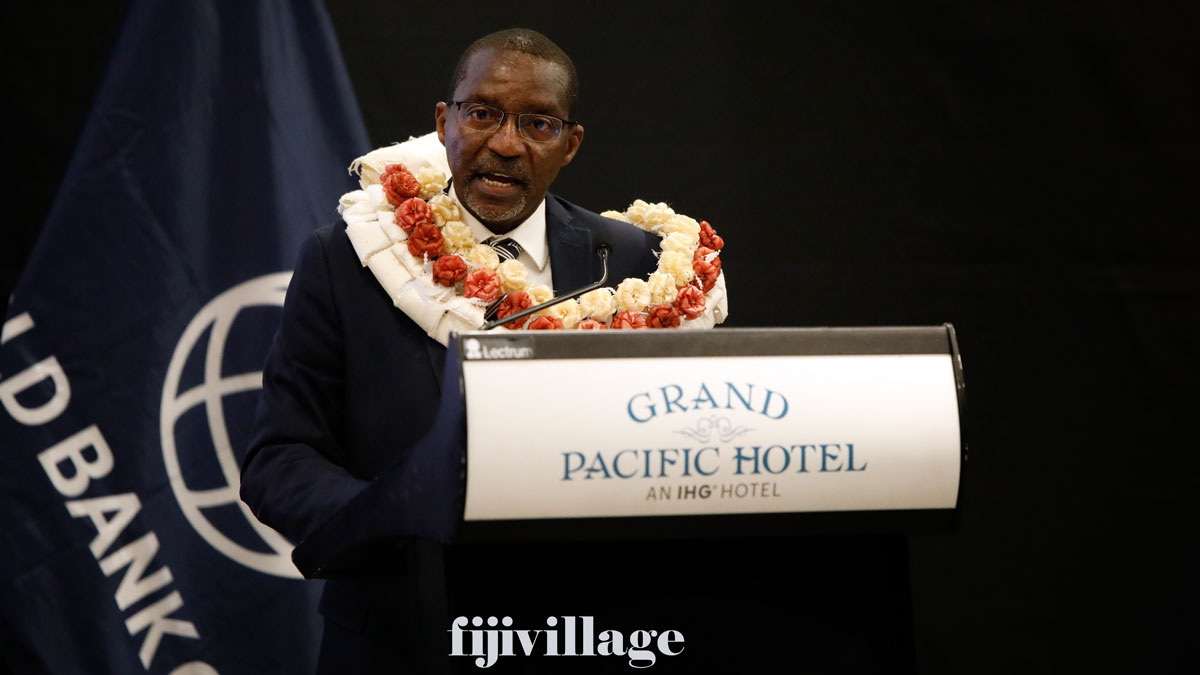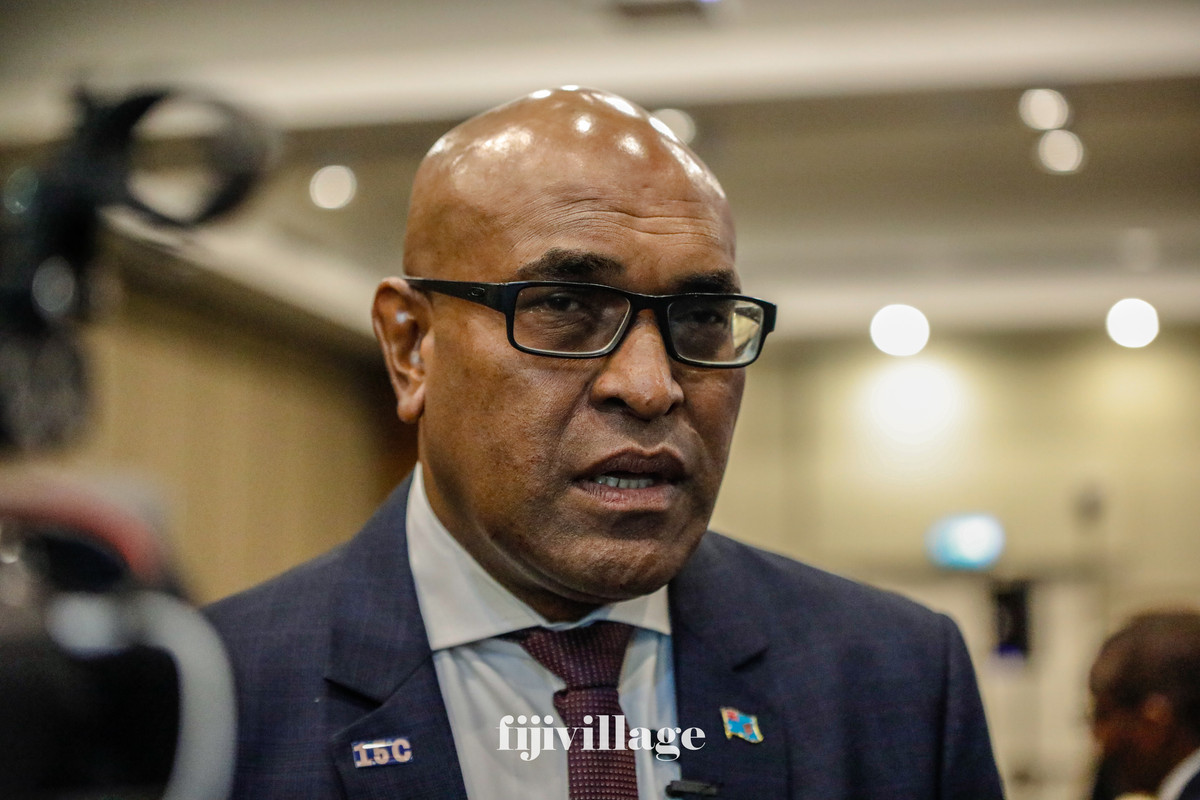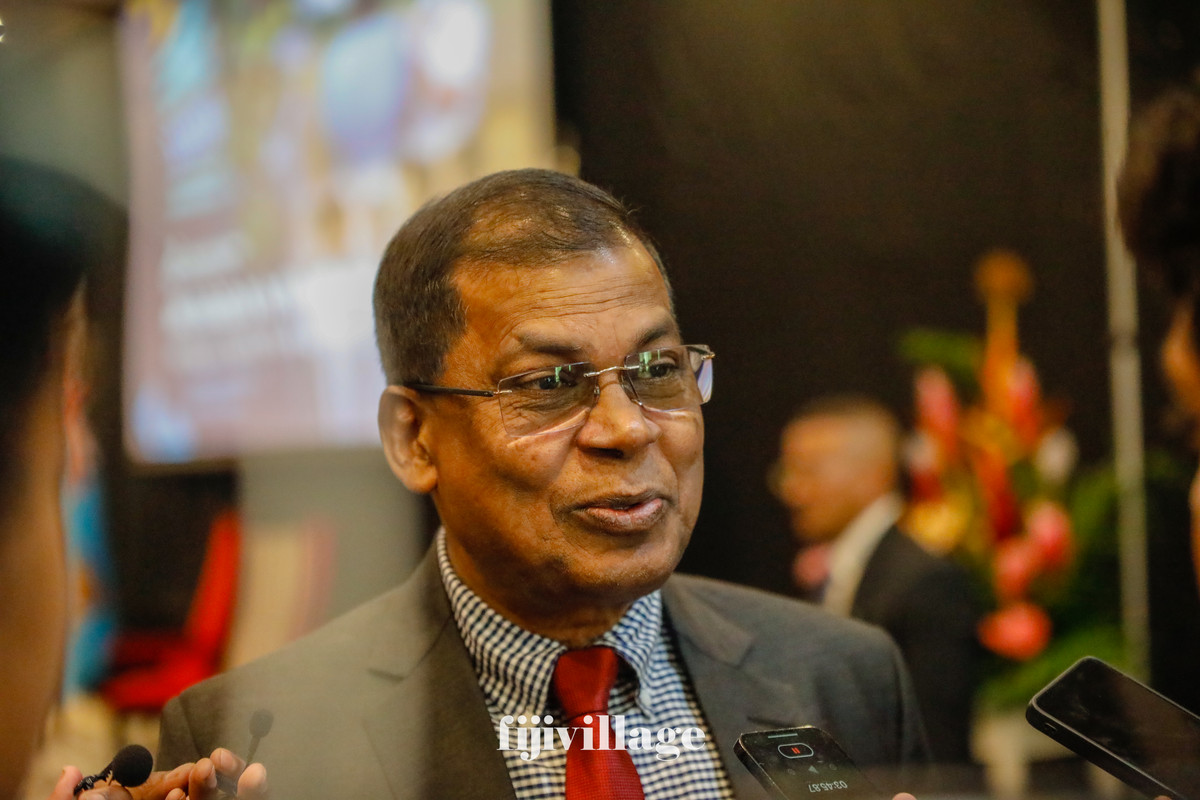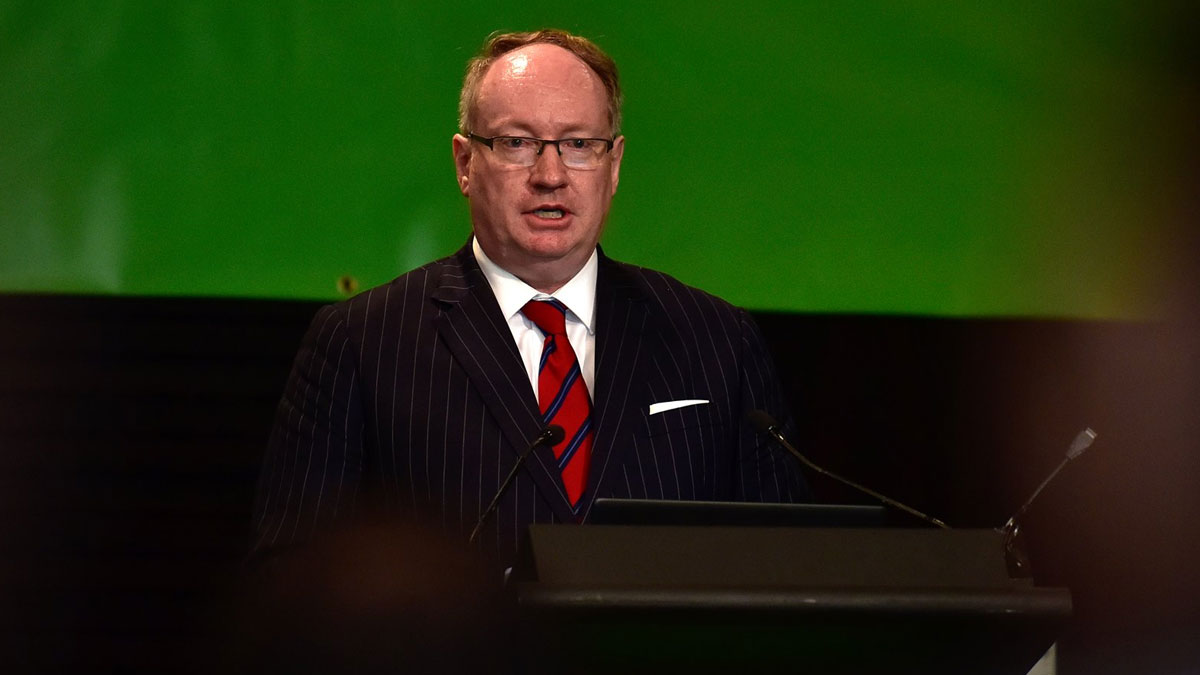
Fiji’s health system faces serious challenges, burdened by catastrophic rates of NCDs, ailing healthcare infrastructure, and an ageing population, which means its health sector is not structured or equipped to prevent and manage its diseases.
This has been highlighted by World Bank Country Director for Papua New Guinea and the Pacific Islands Stephen Ndegwa during the launch of the new World Bank report – Fiji Health Sector Review – today.
Ndegwa says Fiji is struggling with Non-Communicable Diseases and weak health outcomes that threaten the well-being of its people, and this crisis costs Fiji around $591 million a year.
He says this new report suggests that Fiji should invest in a more robust and efficient health system.
He adds Fiji has made important achievements, including almost halving its child mortality rate between 1975 to 2020, and low out-of-pocket spending for patients, however, NCDs now account for 80 percent of deaths in Fiji and 64 percent of people dying of NCD-related causes are of working age.
The Director says Fiji’s primary health care facilities are under-resourced and overstretched, with a handful of hospitals, including the CWM Hospital operating near capacity, and adds the health workforce is unevenly dispersed with major primary care facilities for densely populated urban areas particularly stretched.
Minister For Health and Medical Services Dr Ratu Atonio Lalabalavu says this report was produced through a collaborative effort and provides a valuable baseline for policy and decision-making.

He says they have already started to implement some of the policy recommendations and they hope their partners will join them in a coordinated effort to transform Fiji’s health sector.
Dr Lalabalavu says Fiji’s health system is neither adequately structured nor resourced to tackle the current and future health challenges and we are not responding effectively like how we were 20–30 years ago.
He says as a health system, we need to evolve to respond to the current challenges and future challenges to meet the healthcare needs and expectations of our population.
He adds a key strategy will be flipping the health service delivery model which includes moving from waiting for our sick population to come to the tertiary facilities such as CWM into a setting where our primary health care systems interface with the population to prevent, diagnose and manage diseases at an early stage of illness when it is cost-effective and impactful for the households.
The Minister says as someone who has worked in the health sector, this review is exactly what we have been waiting for as it is evidence-driven and high quality, benchmarking Fiji against our peers which gives us a clear sense of how our health system is performing.
Deputy Prime Minister and Minister for Finance Professor Biman Prasad says this review shows that investing in a healthier Fiji is not just a health priority but an economic imperative.

Stay tuned for the latest news on our radio stations


